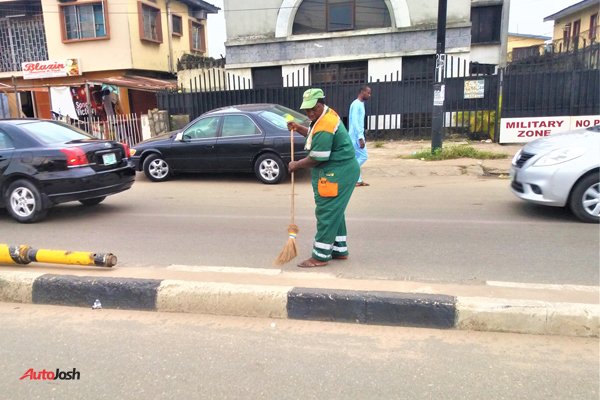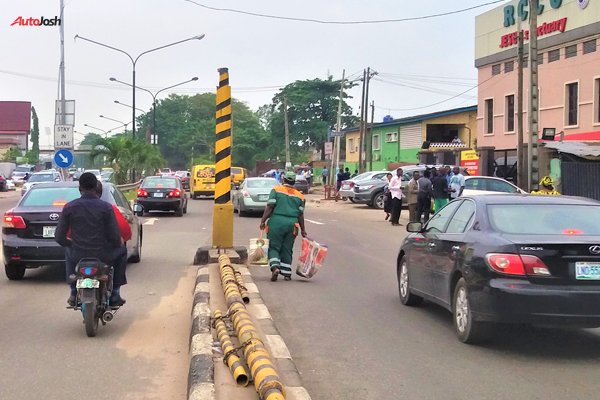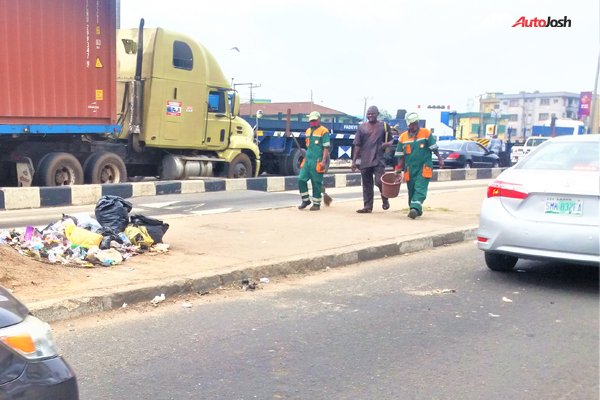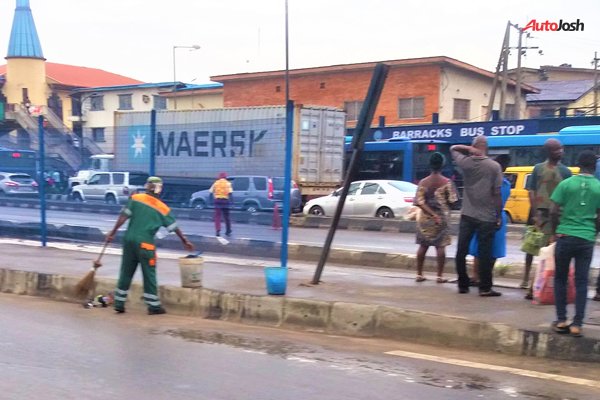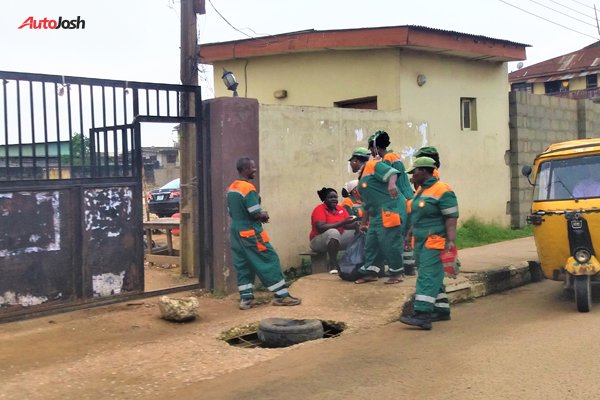News
Is This The Riskiest Job In Lagos? (See PHOTOS)
-

 News1 week ago
News1 week agoClassic 1950s Mercedes-Benz 180 ‘Ponton’ Spotted Cruising Majestically On The Nigerian Road
-

 News1 week ago
News1 week agoToyota Motor Corporation (TMC) Announces April Through June 2025 Financial Results
-

 News6 days ago
News6 days agoNow Restored : Cristiano Ronaldo Seen Driving His $2.2M Bugatti Veyron, Three Years After Crash
-

 News4 days ago
News4 days agoChina’s GWM Begins Production At Its New Brazilian Factory Formerly Owned By Mercedes-Benz
-

 News1 week ago
News1 week agoIbom Air, Kwam 1 Incidents : FAAN Vows Tough Sanctions Against Unruly Passengers At Nigerian Airports
-

 News7 days ago
News7 days agoBRABUS 700 : Brabus Turns 2025 Rolls-Royce Cullinan Series II Into A Head-tuning Masterpiece
-

 News2 days ago
News2 days agoCletus Ibeto’s N1.7b Rolls-Royce Cullinan Series II Gets ‘Gold’ Spirit of Ecstasy, ‘The Ancestors’ Number Plate
-

 Celebrities Auto4 days ago
Celebrities Auto4 days agoCheck Out Femi Otedola’s Cars In Monaco, Including $1.3m Klassen Mercedes V-Class, Rolls-Royce Phantom 8

